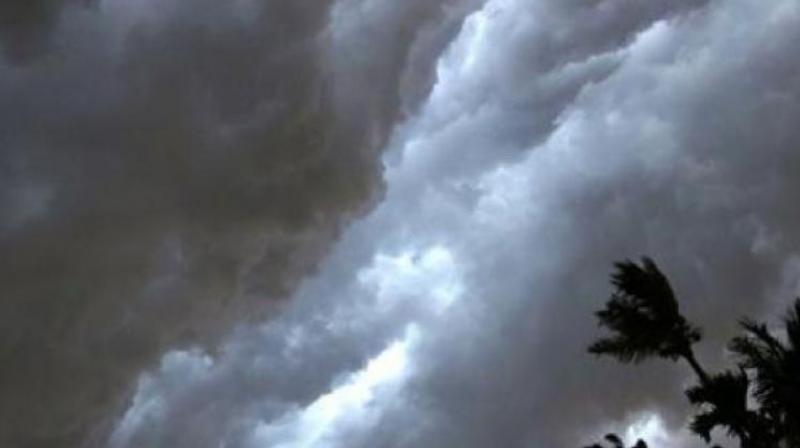Better watch out for seasonal ailment

Thiruvananthapuram: Monsoon brings in its wake cough and cold, viral fevers and other communicable diseases such as diarrhoea. But avoid knee-jerk reactions at the very first sight of symptoms. Overmedication impairs the body’s own resistance. Stay cool by all means, says Dr Amar Fettle, the state nodal officer for H1N1.
Fever, which by itself is not a disease but a symptom of infection or inflammation, may be associated with the body’s resistance to changes in surroundings. It’s associated with cough and cold, runny nose and aches. If symptoms are common and mild, the first 48 hours is the time for watchfulness. During this spell, take rest, take sixth-hourly paracetamol, take warm fluids, especially ‘kanji’ water with lime juice and salt. Traditional Ayush remedies of thulasi and jaggery are good as are ripe mangoes and papaya. They contain b vitamins and antioxidants which support the body’s defence system. Increase the frequency of food intake in small portions than sticking to the heavy three-meal pattern. Steam inhalation and home-prepared nasal drops also help ease symptoms. Ordinary fevers should subside and resolve by themselves.
But if there is no let-up in symptoms, worsening of existing symptoms and new symptoms crop up, like difficulty in breathing, severe body aches, appearance of rashes, dark stools, yellow urine, persistent vomiting, clouding and loss of consciousness, consult the doctor without further delay. Do not compel doctors to do tests or administer injections; let them take their own decisions.
One of the common fevers in the state is H1N1. A vast majority of patients will recover with aggressive supportive care. But if symptoms worsen, like breathing difficulty, chest pain, blood in the sputum and blue discoloration of nail bed and tongue, go to hospital for a more aggressive and disease-specific management. H1N1 is cured with the administration of oseltamivir for five days and aggressive supportive care.
Anyone with cough or cold should use handkerchief/towel or shawl while sneezing. Covering nose and mouth while coughing and sneezing would provide protection to vulnerable groups including pregnant women, infants, old and others with other illnesses.
Monsoon is particularly conducive to the spread of leptospirosis as water is contaminated with rodent urine or that of cattle and stray dogs. In the case of leptospirosis, common symptoms are high fever, pain in the muscles on sneezing, congestion of the eye and general discomfort. The infection is treated with doxycycline or penicillin, which are very effective medicines.
Hepatitis is another water-borne. contagion. Drinking water sources get contaminated with sewerage. Using hot and boiled water and ensuring maximum hygiene and sanitation would help check the spread of the disease.
Symptoms are high fever with vomiting, severe loss of appetite, dark yellow urine, yellowness of the face or eyes. People with such symptoms are advised to see the doctor without any delay. Taking high-calorie and low protein food along with fruits and fluid will help patient tide over the infection. Sick patients would require hospitalisation.
Hand-washing, maintaining sanitary and food hygiene and prevention of flies in surroundings and keeping family utensils separately and vaccination would help rein in the spread of the disease.
Dengue presents with fever, headache, severe body ache, joint pain, abdominal pain, rashes and black stools. If any of the above is seen, see the doctor as soon as possible.
Hospitalisation may often be needed and the treatment comprises complete bed rest, adequate intake of fluids, supportive medication and medical monitoring. Even after discharge, the patient is advised bed rest. Ensure all sources of water are cleaned to prevent proliferation of mosquitoes.
Do not practise self-medication: The thumb rule is not to consult the person at the medical store counter and receive medical advice. Instead, call the toll free number 1056 at DISHA, the dedicated 24X7 information helpline of the Health Services Department. Another number is 0471 2552056. Ask any doubt/ question regarding any illness and get live answers by experienced doctors.

